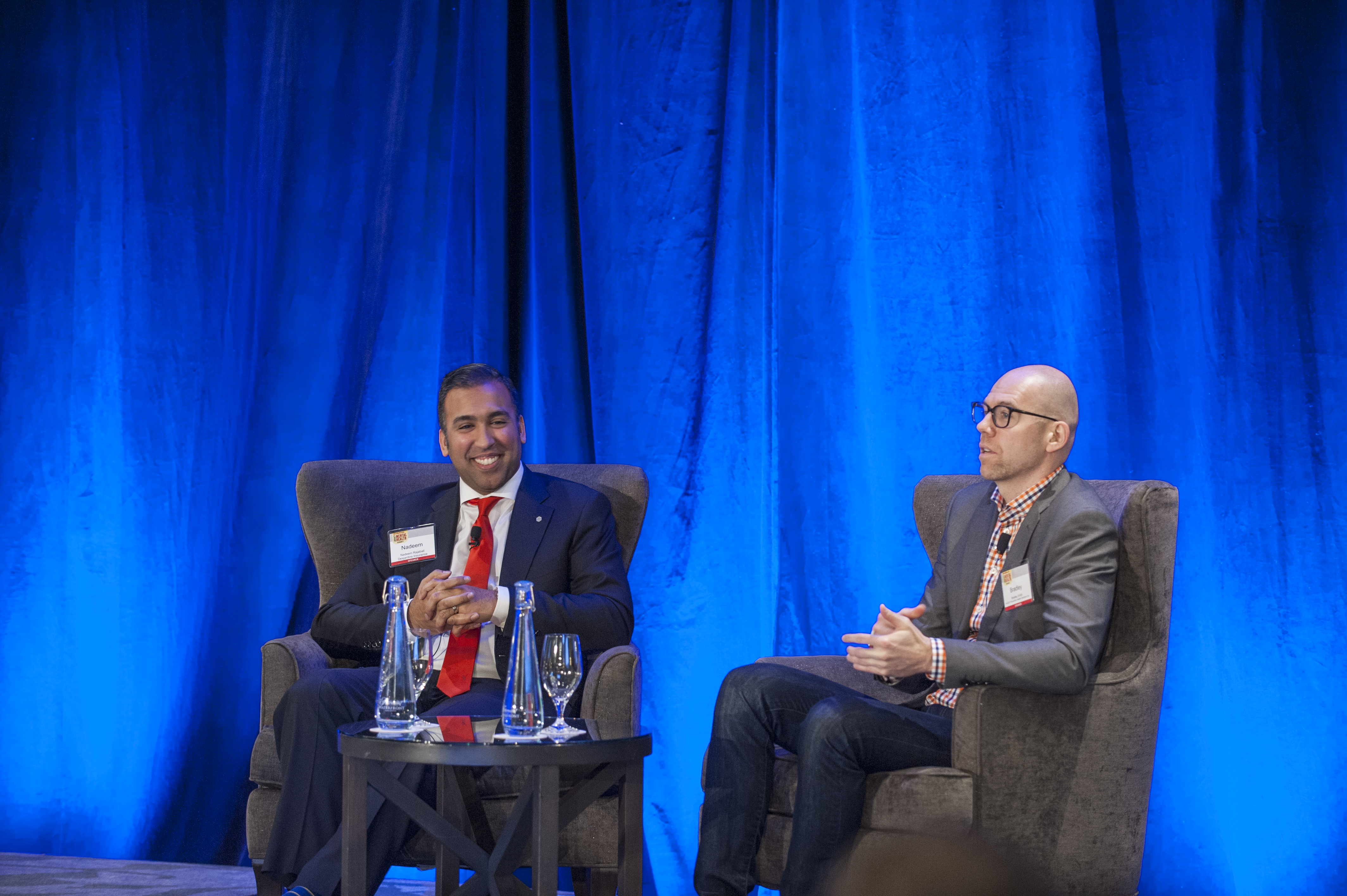
Sleep is a serious issue.
That was a key message from Nadeem Rajabali, western Canada regional vice-president of business development for group and business insurance at Desjardins Insurance, at the recent Mental Health Summit in Vancouver.
“Sleep isn’t a luxury. It’s as important as exercise and eating well to stay healthy. Lack of sleep costs employers about $5,000 in lost productivity per employee per year and, with a significant link between insomnia and mental illness, it is time to take sleep disorders seriously,” he told the audience.
Read: Why employers stand to gain by helping their employees sleep
“Ideally, we need seven to nine hours of sleep a night to recuperate and rebuild cognitive capacities,” said Rajabali. Noting that 40 per cent of adult Canadians sleep poorly or not enough, he described three major sleep disorders that affect the workplace: trouble sleeping, chronic insomnia and obstructive sleep apnea.
“Plan sponsors and insurers should be concerned, because there are direct consequences for the workplace, particularly for safety, productivity and even group benefit insurance costs,” he said. “Studies show that insomnia alone is responsible for 25 per cent of the costs related to errors and accidents at work. Poor sleep also contributes to absenteeism and presenteeism.”
Bradley Smith, president and founder of Haleo Preventive Health Solutions Inc., joined Rajabali to discuss how sleep disorders affect the workplace and the options available to address them.
The options include a three-step process that starts with a confidential screening program for employees. Those identified to be at risk for insomnia, sleep apnea, restless leg syndrome or shiftwork disorder can proceed to the second step where they receive phone support to explain the diagnostic and treatment options available. Those motivated to seek treatment for insomnia can receive an evaluation and treatment sessions via videoconference with a therapist.
Read: Assessing the impact of online therapy as digital health tools proliferate
“Cognitive behavioural therapy for insomnia is a clinically proven solution that has been available for 40 years,” said Smith. “But our virtual clinic is making it far more accessible.”
In a five-month pilot with 1,800 Desjardins employees, 35 per cent participated in the screening and 83 per cent of those who received a risk notification agreed to have Haleo contact them. People who received risk notifications were four times more likely to be suffering symptoms of moderate to severe psychological distress, said Smith. As well, presenteeism and absenteeism costs were 34 per cent higher.
Eighty-nine per cent of those who completed the program showed significant improvement in their sleep and the number of people with moderate to severe symptoms of psychological distress fell by half. “We’re confident that employers will get a return of $10 for every dollar spent on screening, live support and treatment,” said Smith.
“With 15 to 20 per cent of people suffering from moderate to severe sleep disorder, this type of program provides a secure and confidential solution to get employees the help they need.”
Read more stories from the Mental Health Summit
